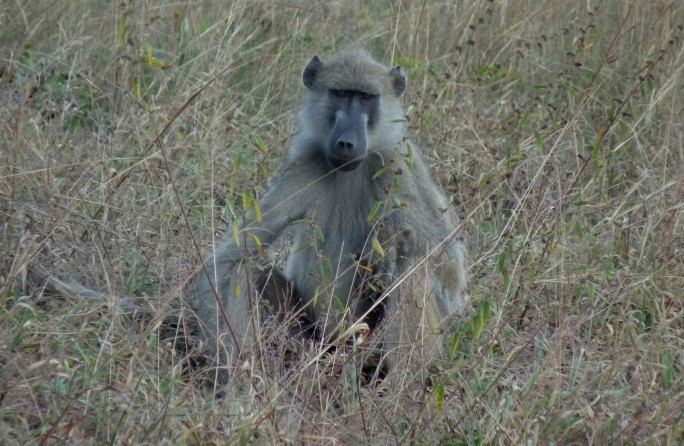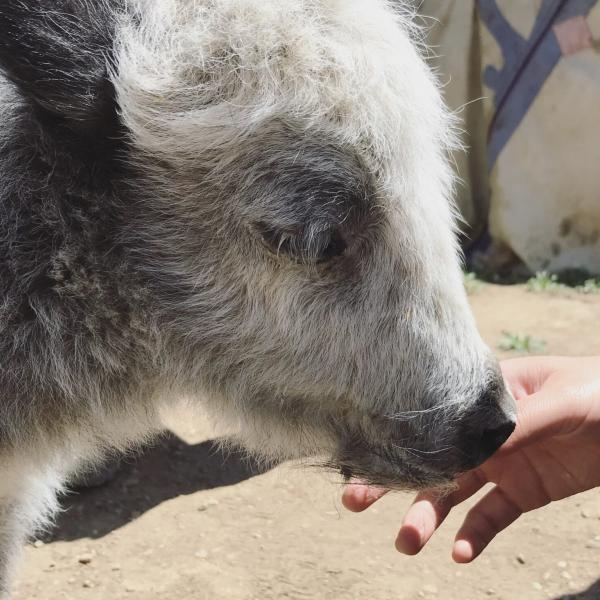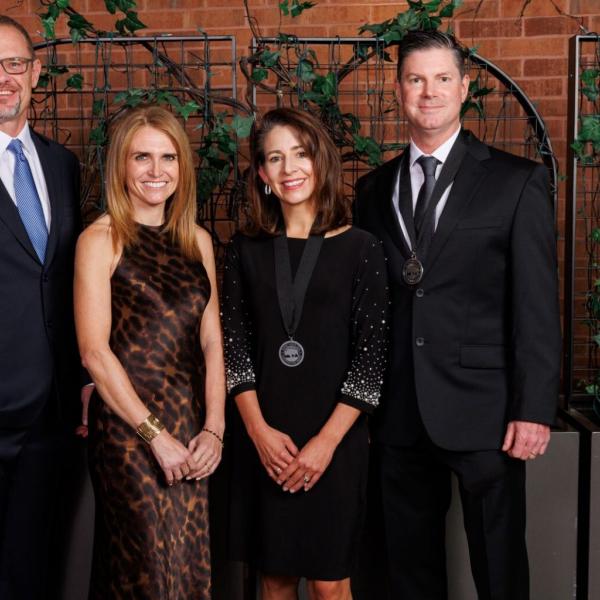Kenneth Chiou

This research is centered on understanding the evolutionary dynamics of hybridization (interbreeding between populations), a phenomenon whose prevalence and importance is increasingly appreciated in animals, including primates.
My project focuses on a case study of natural hybridization in baboons at Kafue National Park, Zambia, where the distributions of Kinda (Papio kindae) and chacma (P. ursinus) baboons join up, forming a contact zone where hybridization occurs. Through generations of hybridization and the successive "backcrossing" of hybrids with parental populations, genetic markers are exchanged between species and some introduced foreign markers subsequently travel farther into species ranges. This process is known as introgression and is influenced by a variety of factors including natural selection on the markers themselves, the geographic landscape of the region, and the behavior or social organization of the species involved.
For my dissertation, I am interested in the mechanisms influencing spatial genetic patterning at the Kafue National Park baboon hybrid zone. In order to address this question, I am conducting a field survey in which genetic samples will be collected from baboons across the hybrid zone, including both species and their hybrids. From these samples, I am genotyping thousands of single-nucleotide-polymorphism (SNP) markers using next-generation sequencing and using this dataset to infer the demographic history of Kafue National Park baboons and to explore the effects of social organization, local adaptation, and geography on patterns of introgression across the hybrid zone.




